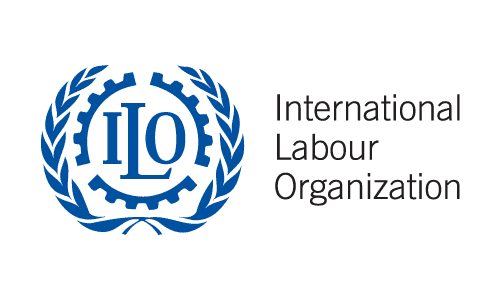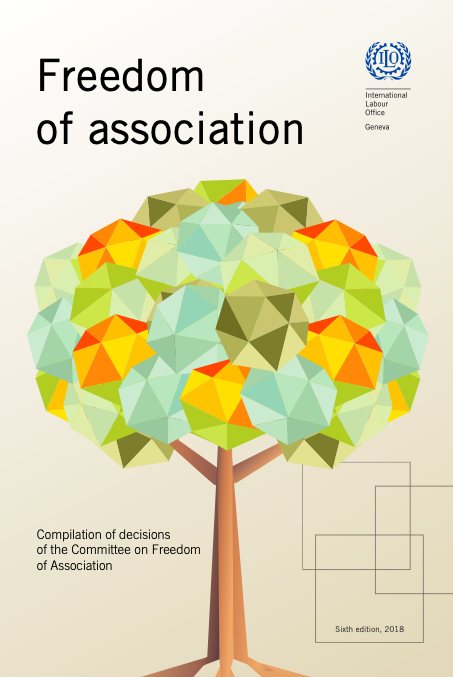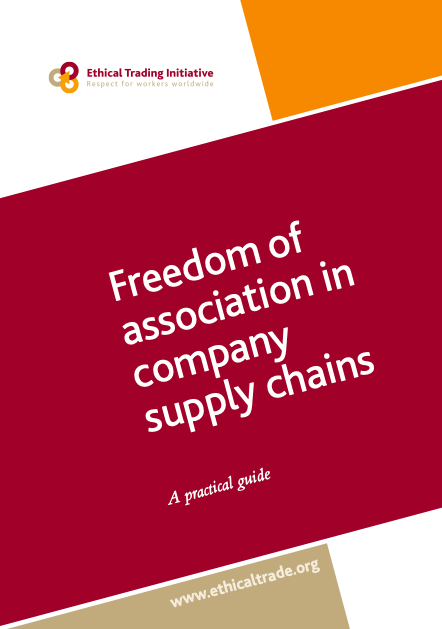Right to Organise
Description
Includes freedom of association; right to collective bargaining; avoiding protracted negotiations; and work councils.
Share this Subissue on:LinkedIn
Resources
Freedom of Association and Development
This guide will help you to understand freedom of association and the pivotal role it plays in fostering and maintaining sustainable development. The document outlines how respect for freedom of association can contribute to development outcomes by looking at the benefits it provides in four key areas: inclusive economic growth and poverty reduction; a positive business environment; crisis response; and democracy and governance. It also includes case studies that demonstrate the positive effect that freedom of association can have when governments, trade unions, and employers work together.
Freedom of association - Compilation of decisions of the Committee on Freedom of Association
Informed by decisions from over 3,200 cases related to freedom of association and the protection of trade union rights, this compilation from the Committee on Freedom of Association will help you to understand the rights and civil liberties of employers' organisations and unions; the rights of workers to establish and join organisations, without authorisation and of their own choosing; to draw up their own rules and elect their own representatives; to engage in collective bargaining and strikes; and more.
Freedom of association and the right to collective bargaining: a guide for brands
This guide from the Fair Wear Foundation offers practical guidance that can help you to improve your own practices and policies in support of freedom of association in the workplace and the right to collective bargaining. It explains the fundamentals of freedom of association, the right to collective bargaining, and the threats and barriers they face; highlights key steps that organisations can take to promote freedom of association (including at the system level) and social dialogue; and showcases tools that can support your efforts, such as a questionnaire for suppliers and templates for non-retaliation letters and sample violations. This resource will be particularly beneficial to change agents, human resource professionals, and senior leaders.
Freedom of association in company supply chains
This guide from the Ethical Trading Initiative may help you to identify and understand the impacts of your operations on freedom of association. It features a six-step "quick start" guide to supporting freedom of association: setting the policy; exercising due diligence; establishing the current situation; developing and implementing the action plan; monitoring; and pursuing continuous improvement. It also features a sample policy commitment and a supplier self-assessment for freedom of association to help you get started.
Freedom of Association
This collection of resources from the International Center for Not-for-profit Law (ICNL) shows how protecting civic space supports peoples’ right to freedom of association. It features over 20 reports, articles, and guides that can help you understand the legal, regulatory, and financial supports needed to support freedom of association. It also provides a list of relevant legal instruments from the UN and regional bodies.
Although the ICNL has a civil society focus, the resources provided will also be useful to those addressing human rights issues from within the private sector.
Respecting Trade Union Rights in Global Value Chains: Practical Approaches for Business
This report from the Shift Project and FNV Mondiaal provides practical ideas and tools for improving labour conditions in your value chain. It focuses on credibly addressing the fundamental rights of freedom of association and collective bargaining – jointly referred to as union rights. It includes a tool to identify trade union rights risk and includes recommended avenues to address specific risk factors. It also provides eight real world examples demonstrating how other companies have approached the issue. This guidance will be particularly useful to sustainability, procurement and supply chain management, and legal teams.
Tools and resources for Business on Freedom of Association
This list of resources from the ILO can help you better understand freedom of association. It lists seven tools covering topics such as collective bargaining, unionisation, and migrant worker rights. It also provides a list of relevant international laws. These resources will be most useful to HR, legal, and supply chain management departments, especially in organisations that operate in areas with weak labour standards.





